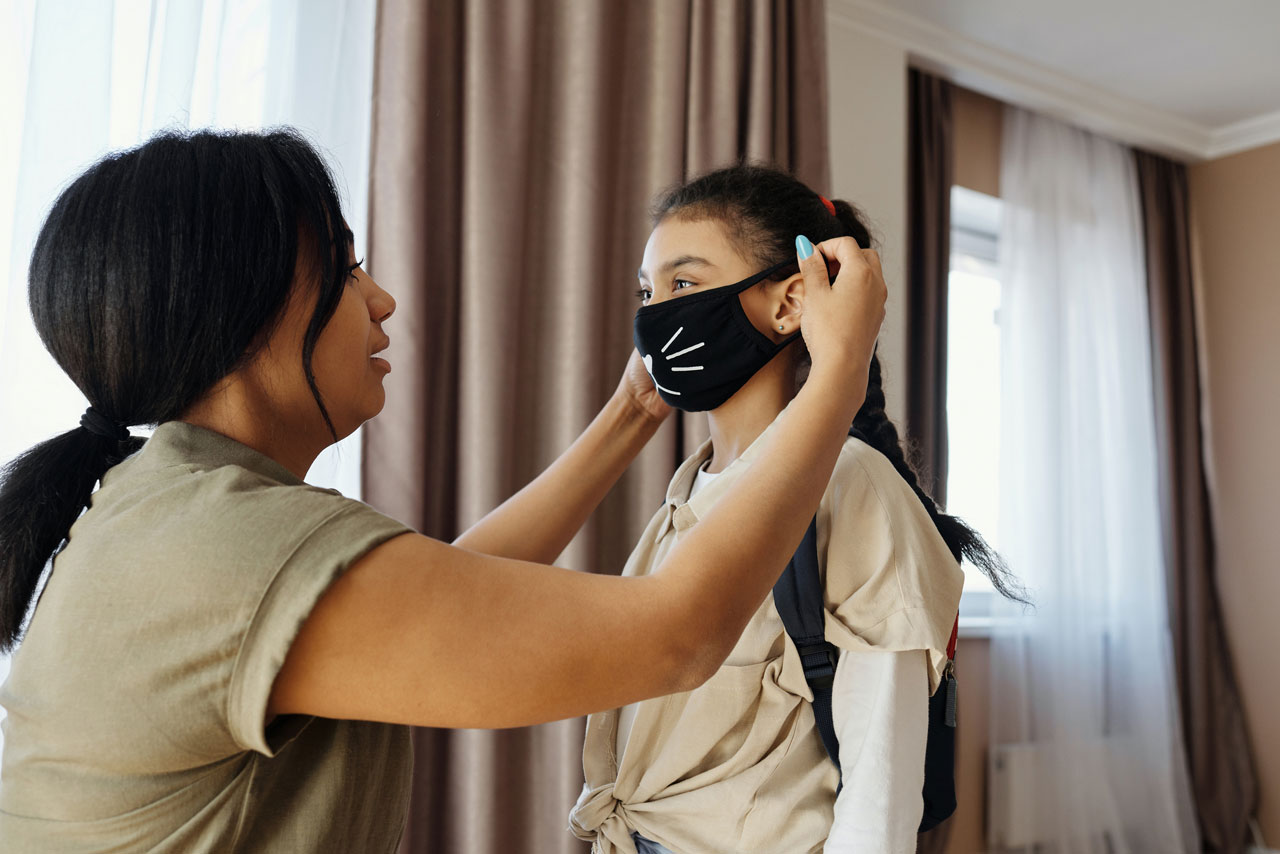MAR10
�
With the situation that is occurring with the coronavirus, we are sure that you are well informed and that you are taking the appropriate course of action. But, it is logical to think that your children are also nervous and bewildered, and maybe you do not know how to convey this information so that they are aware of what is happening, but do not get traumatized or become paranoid.
We will give you some suggestions on how to inform them in the right way and have them take certain preventive measures, according to their age.
Children from 5 to 7 years old:
1.- Use familiar terms for them such as: “very strong flu or cold to refer to the illness�
2.- If you are with the child, invite her to wash her hands with you at key moments: before eating, when she has gone to a public place, after going to the bathroom, etc. In this way, you model desirable behavior.
3.- Explain to him/her how important it is to eat healthier to prevent flu or colds.�
4.- Instruct him/her so that if he/she sees a child coughing or sick , avoid close contact.
5.- Instruct him/ her not to share their food, plates, glasses or utensils with anyone.
6.- Try not to watch the news about this situation in front of the child. He/She will not understand most of the information and there is a probable chance that their anxiety will increase.
7.- If the child has some symptoms of a cold or feeling sick, do not panic in front of them. Tell him/her that you will take them to the doctor just for a routine checkup and everything will be fine.
Children from 8 to 11:
1.- You can refer to the virus by its real name.
2.- Explain that it is a stronger type of flu or cold than the regular ones.
3.- Model hygiene measures.
4.- Include a sanitizer in their possession and instruct them when to use it.
5.- Explain to him/her how important it is to eat healthier and rest properly.
6.- Instruct him/ her not to share food, plates, glasses or utensils with anyone.
7.- Instruct to avoid contact with other kids.
8.- Limit the information about the virus you will share with him/ her. They don’t need to know a constant update on how many people are dying and where.�
7.- If the child has some symptoms of a cold or is feeling sick, do not panic in front of the child. Tell him/ her that you will take him/her to the doctor just for a routine checkup and everything will work out.�
Children 12 and up:
1.- At this age, children are more likely to become more informed through social media platforms.�
2.- Limit the family exposure to the news and filter the source of the information to only the most reliable ones.
3.-Do not talk about the illness every time your family is together. �
4.- Model preventive and hygiene measures
5.- Give them money to buy a sanitizer. If they choose it, they use it. (This is an important tip for parents of adolescents).�
6.- Invite them to go grocery shopping to make an “armor against virus nutrition”, which will include healthier food options.
7.- If they are not paying attention to you or underestimating the importance of this situation, send them to their phone links where their “role models” are talking about the seriousness of the problem.
Although we are at an uncertain time with respect to this disease, we must remain with the intention of learning from each situation that life presents to us, and see how we can extract something positive from it.�
If at least, this crisis makes some people acquire healthier habits that make them more resilient to these types of communicable diseases, it is something that we will eventually see as a positive outcome from what today is an alarming worldwide situation.




Leave a Reply